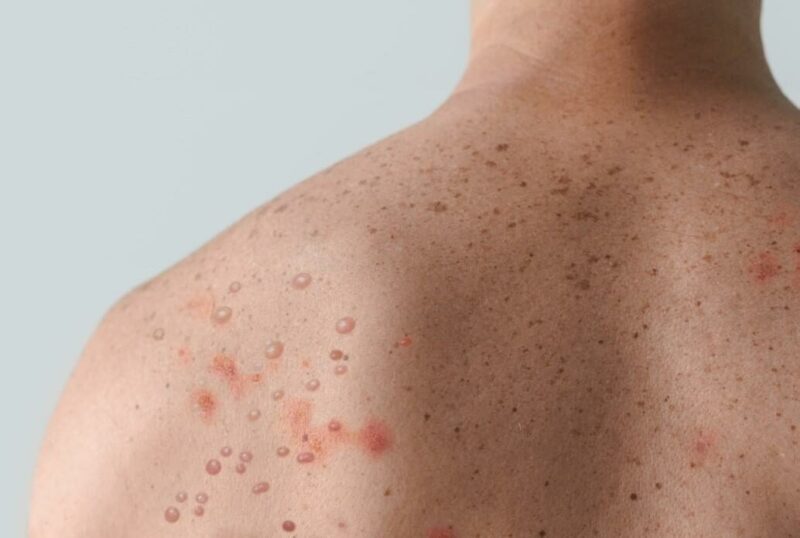As the dreaded Monkeypox (Mpox) resurges in Akwa Ibom State, the National Orientation Agency (NOA) has cautioned residents to imbibe high level safety measures to avoid more victims contracting the ailment.
Alerting residents yesterday in Uyo, the state capital, the state director of NOA, Mr. Mkpoutom Mkpoutom, disclosed that the malady has already taken its toll on 15 out of the 31 local government areas with high indication of spreading to other LGAs.
He listed seven LGAs worst hit to include Ibesikpo Asutan, Abak, Urueofong Oruko, Ibiono Ibom, Mkpat Enin, Oron and Uyo, the state capital while the other eight – Eastern Obolo, Nsit Ibom, Etinan, Itu, Uruan, Eket,Onna and Ika, also have suspected incidences.
“Data from the state ministry of health indicates high prevalent rate of Mpox in seven LGAs with Uyo topping the list. The LGAs include Ibesikpo Asutan, Mkpat Enin, Urueoffong Uruko, Ibiono Ibom, Oron and Abak, while other LGAs with suspected cases are Eastern Obolo, Nsit Ibom, Etinan, Itu, Uruan, Eket, Onna and Ika,” Mkpoutom stated.
The NOA chief, therefore, advised residents, especially travellers to be wary by taking precautionary measures- avoid crowded places, maintain safe distance, frequent hand washing and other, clean environment and personal hygiene regimes.
“In recent years, the world has witnessed the emergence of several infectious diseases that have raised global health concerns. Among these, monkeypox has reemerged as an important public health topic.
“In the light of increasing incidence rates and global travel, it is crucial to raise awareness about monkeypox, its symptoms, transmission, and preventive measures.
“Mpox is a viral zoonotic disease caused by the monkeypox virus, which is part of the Orthopoxvirus genus, it can be transmitted to humans typically through direct contact with infected animals or humans.
“The symptoms typically appear within five to 21 days after exposure and the symptoms include fever, chills, rash (often beginning on the face and spreading to other parts of the body). Others are headaches, muscle aches, fatigue and swollen lymph nodes (a distinguishing factor from smallpox).
“And the rash usually progresses through several stages, from flat lesions to raised bumps filled with fluid, and eventually scabs over.
“Mpox can spread through direct contact with infected animals, such as handling or consuming bush meat, it can also spread through respiratory droplets after prolonged face-to-face contact, or through direct contact with lesions, bodily fluids, or contaminated materials like beddings, as well as contaminated surfaces serving as a transmission pathways,” he explained.
The state director, therefore, appealed to the media, traditional institutions, religious authorities, NGOs and NOA COMOs, to spread awareness about Mpox.
He appealed to the people and concerned authorities to; “share information on Mpox in communities, engage in discussions, and support public health initiatives aimed at monitoring and controlling this disease. Your awareness and proactive measures can make a significant difference.”







